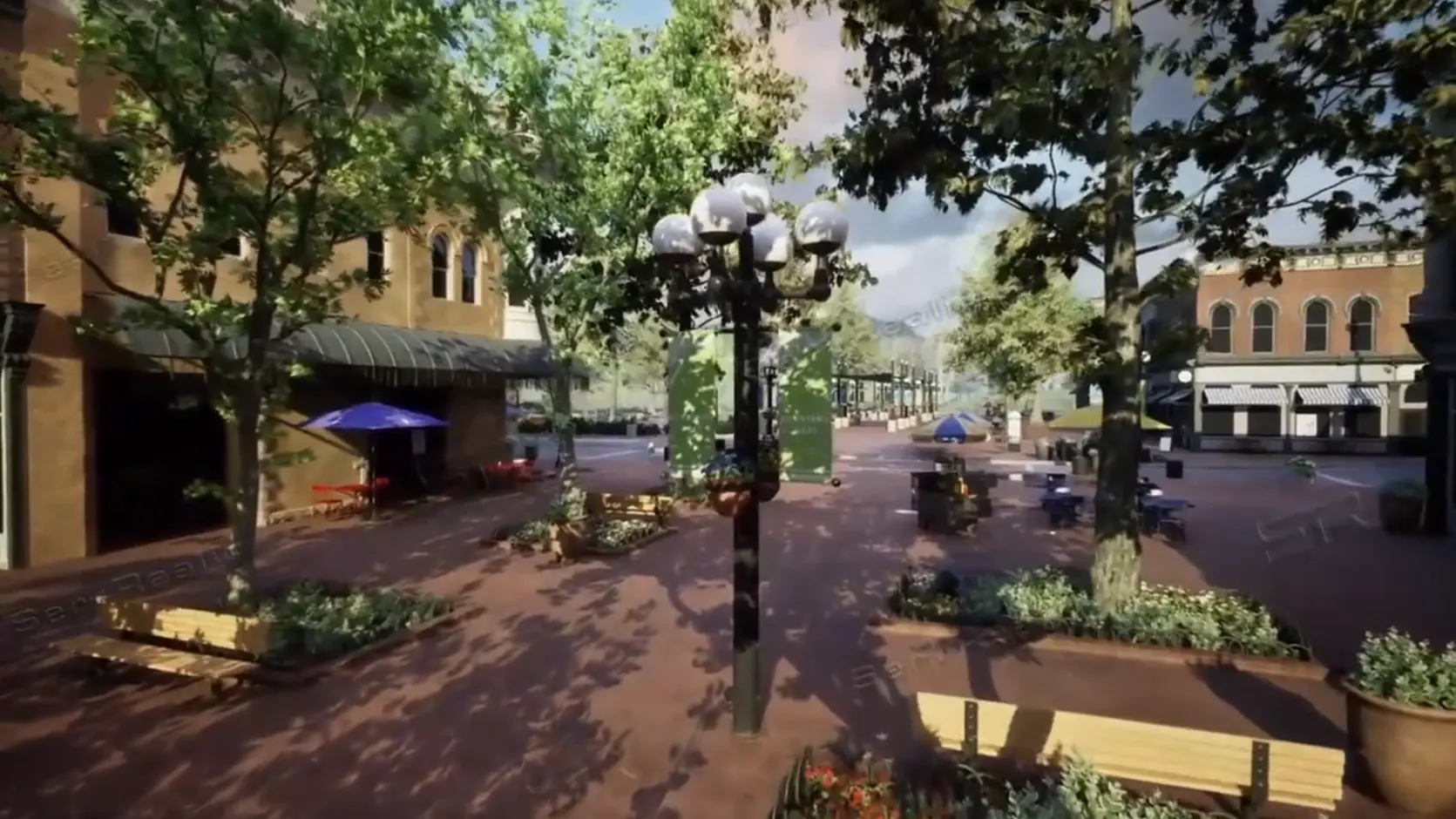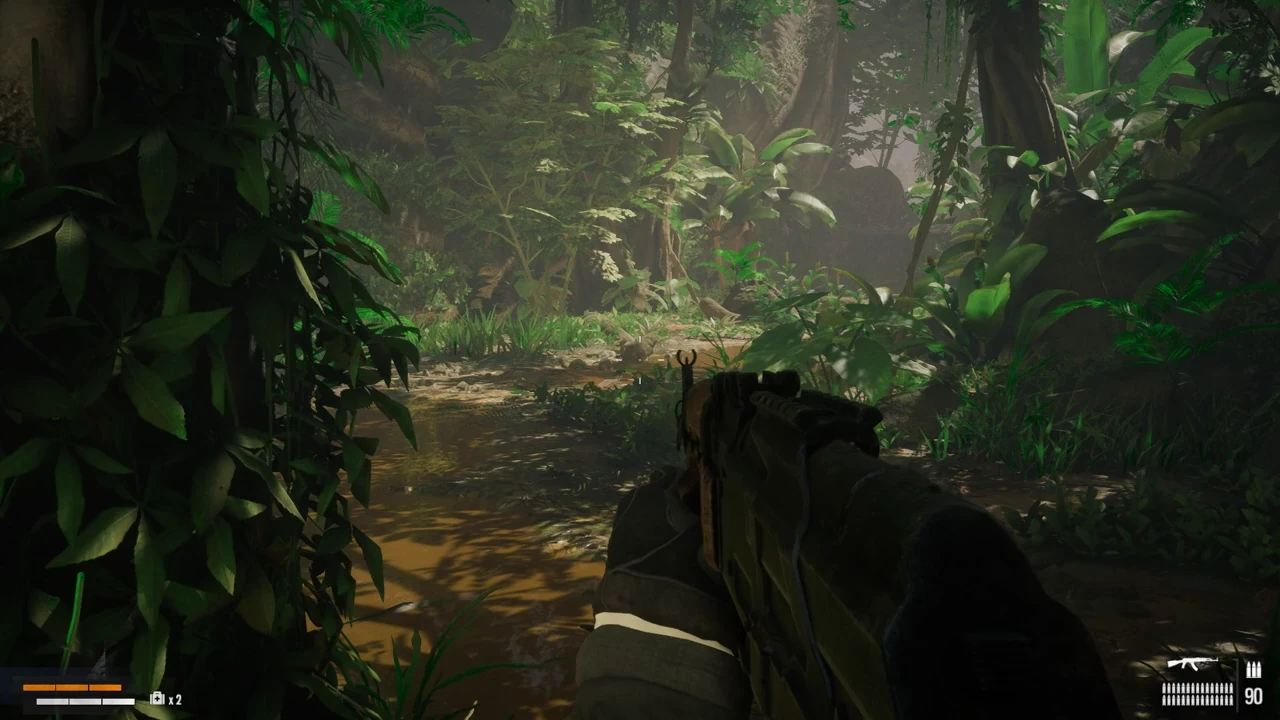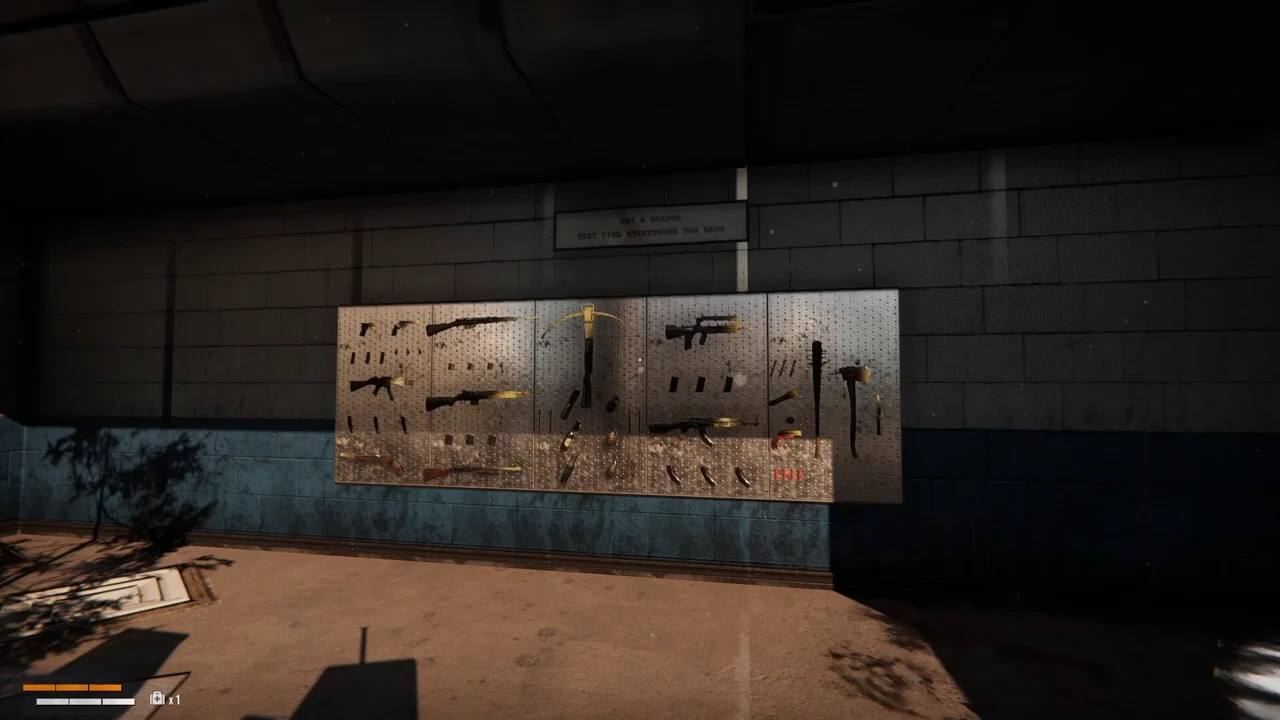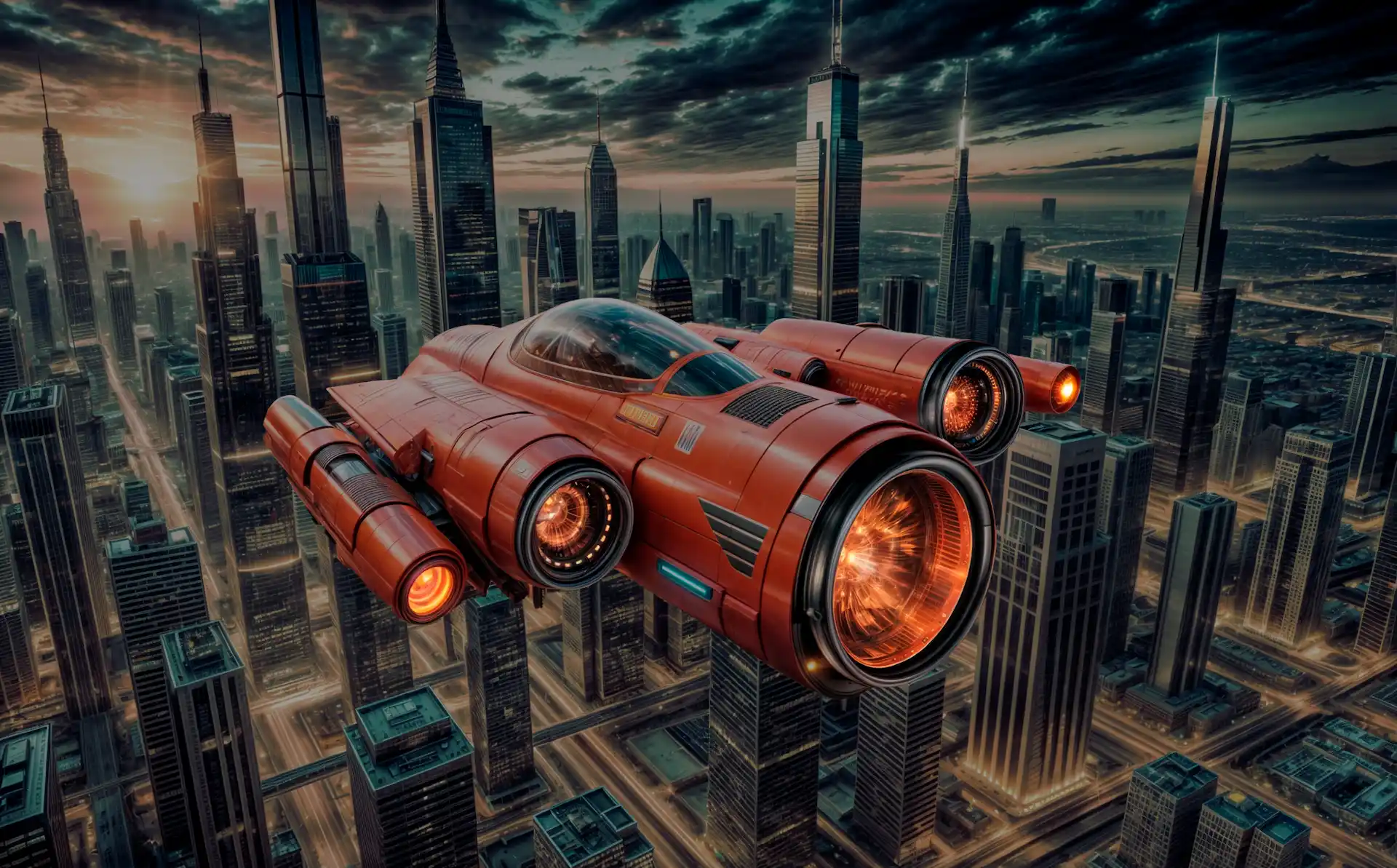Wildfire: Jungle Shootout
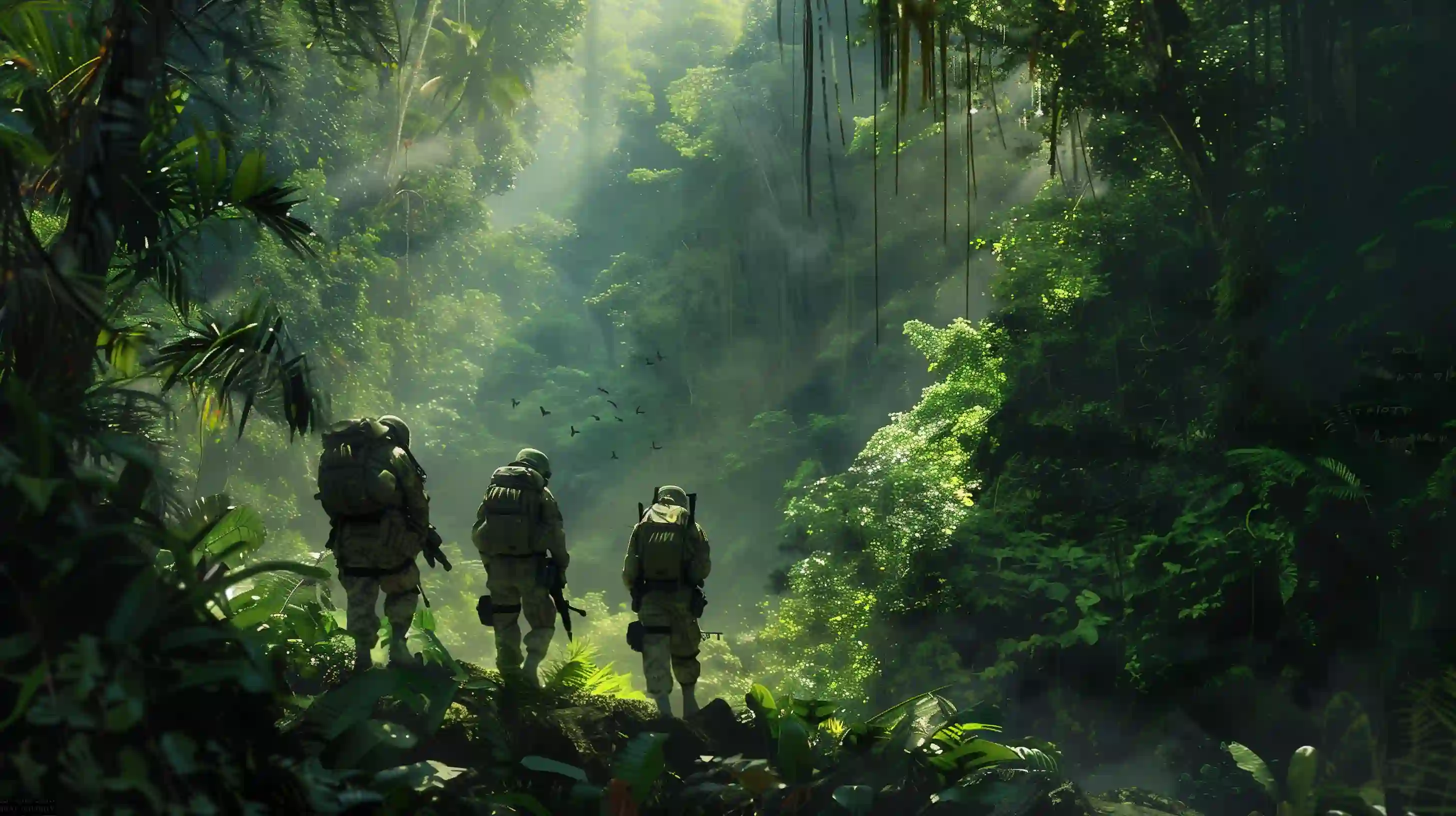
Immersive Jungle Environment
At its core, "Wildfire: Jungle Shootout" thrives on an immersive jungle environment. The game's engine intricately replicates the dense foliage, varied terrain, and unpredictable weather conditions. Players must navigate this treacherous landscape with a keen eye on their surroundings, as every rustle in the undergrowth could signify danger.
Realistic Ballistics and Weaponry
Realism is the cornerstone of this game. The ballistic system goes beyond mere aesthetics, factoring in variables such as bullet drop, wind resistance, and target penetration. The extensive arsenal of weapons, from assault rifles to sniper rifles, is meticulously modeled for authenticity, ensuring that each firearm behaves as it would in the real world.
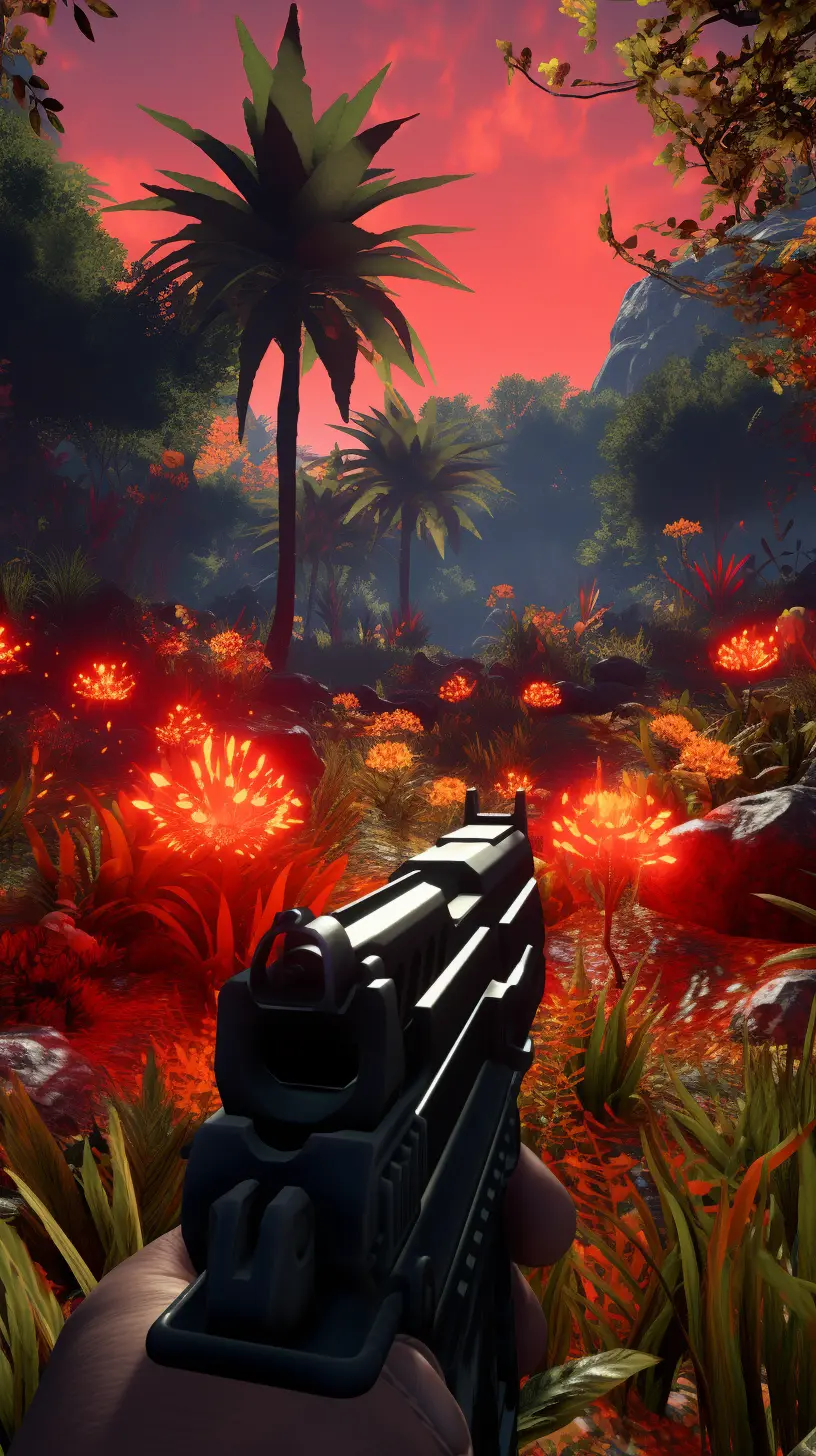
Advanced AI and Tactical Challenge
Behind the scenes, an advanced AI system governs the behavior of both enemy combatants and allies. Enemies exhibit tactical intelligence, using cover, flanking maneuvers, and coordinated attacks. In contrast, allies provide support, covering fire, and synchronized movements. It's a dynamic battlefield where strategy and adaptability determine success.

Dynamic Weather and Environmental Effects
"Wildfire: Jungle Shootout" embraces the unpredictability of the jungle environment. Real-time dynamic weather effects, including rain, thunderstorms, and shifting winds, impact visibility and weapon performance. This adds an extra layer of complexity to engagements, forcing players to adapt their tactics in real-time.
Multiplayer Firefights and Cooperative Play
Beyond the single-player experience, the game offers thrilling multiplayer modes where players can engage in intense firefights with friends or join forces in cooperative missions. Teamwork is paramount, as players must communicate, strategize, and coordinate to overcome the challenges posed by the jungle battleground.
TEAM:
- 4 game developers + lead
- 3 backend developers
- 3 QA + lead
- 2 UI/UX designers
- 3 tech artists
- 3 3d modelers/animators
- 2 AI experts
STACK:
- UE5
- C++
- Tensorflow
- Node.js
- MongoDB
TIMINGS:
- 3 monthsfor prototype
- 16 months full development
Problem
The challenge at hand centers around the creation of a gaming experience within the "Wildfire: Jungle Shootout" that demands a high level of realism and authenticity. This entails intricately replicating the dense jungle environment, varied terrain, and unpredictable weather conditions. Moreover, it requires the development of a ballistic system that delves into the technical intricacies, encompassing factors such as bullet drop, wind resistance, and target penetration. The extensive arsenal of weapons, ranging from assault rifles to sniper rifles, must be meticulously modeled to mirror real-world behavior accurately.
Solution
To address this multifaceted challenge, a robust technology stack is deployed. Unreal Engine 5 (UE5) forms the foundational engine, providing a platform capable of rendering the intricacies of the jungle environment, terrain, and weather conditions with precision. C++, a powerful and versatile programming language, is employed to create complex gameplay mechanics and interactivity while optimizing performance. TensorFlow, a prominent deep learning framework, contributes to advanced machine learning capabilities, enhancing the game's realism. Node.js is used to facilitate server-side operations and data management, and MongoDB stores and manages vast gaming data, contributing to scalability and performance.
Result
The outcome of this endeavor is a gaming experience within "Wildfire: Jungle Shootout" that epitomizes realism and authenticity. The dense jungle environment, varied terrain, and unpredictable weather conditions are intricately replicated, delivering a deeply immersive experience. The ballistic system accounts for factors such as bullet drop, wind resistance, and target penetration, elevating the gameplay's technical depth. The extensive arsenal of meticulously modeled weapons behaves authentically, mirroring their real-world counterparts.
